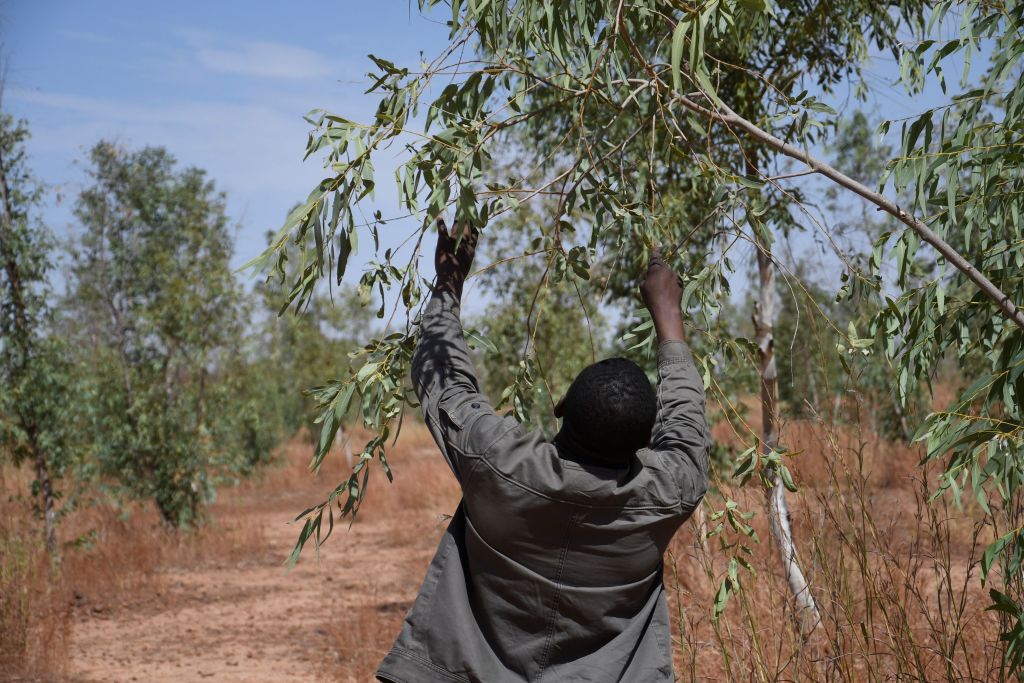ADF STAFF
Forests cover just one-tenth of Sudan and are shrinking, the victim of governmental neglect that has allowed militia groups to log them with impunity.
The disappearing forest cover is leading to increased desertification, destroying grazing land and crippling the country’s production of gum arabic, a food stabilizer, which is made by tapping acacia trees.
The destruction has also undercut Sudan’s portion of the African Union’s Great Green Wall project — a plan to plant millions of trees across the Sahel to stave off the encroaching desert.
“We are heading towards a hole in the ground that may well be the abyss,” Sudanese environmental activist Mahgoub Al Halimaby told The National.
Despite their limited size, Sudan’s forests play a vital role in the national economy and in the lives of its rural and nomadic population, the FNC reports.
Forests are concentrated in Sudan’s southern and eastern regions, with the largest portions in the South Darfur and Blue Nile regions. Both regions have suffered violence and social upheaval since the October 2021 coup.
Under the governing junta, Sudan lost billions in foreign aid that included money to protect the forests.
Spillover from violence in the Tigray region of neighboring Ethiopia is also pushing desperate people into the country who see the forests as a source of quick cash. Sudan’s forests are home to African blackwood, which is used to make furniture.
“The gum arabic belt is moving south. In a few years, we will not have gum Arabic production in Sudan,” economic analyst Hafiz Ismail told Radio Dabanga. “People are not actually aware of the dangers of deforestation.”
According to the NGO Global Forest Watch, Sudan’s most heavily forested region, South Darfur, lost 48 hectares of forest cover in 2021. Over the last 20 years, the region has seen a net loss of 10,500 hectares of tree cover.
Ismail said Sudan knows what’s ahead if it does not halt the destruction of its remaining forests. It has already seen the results of such actions.
“This impacted many areas of North Darfur and North Kordofan,” Ismail said. “They became uninhabitable, and people lost their livelihoods. There is no water and no grazing land for the animals.”
Sand dunes have begun encroaching on green areas of South Kordofan as the Sahara follows the tree cutters.
Illegal logging in Sudan accelerated after the fall of Sudan’s former leader Omar Al Bashir. Militias associated with the military flooded into Khartoum looking for work and support from their patrons. When they found none, they retreated to the countryside where the forests offered a source of income.
“They have no resources of their own, so they turned to the forests for a livelihood, cutting down trees to sell them as wood or burning them and selling them as charcoal,” Hanadi Awadallah, a senior official in Sudan’s Forests National Corporation, told The National.
“You cannot do much to stop someone with an AK-47,” she added.

